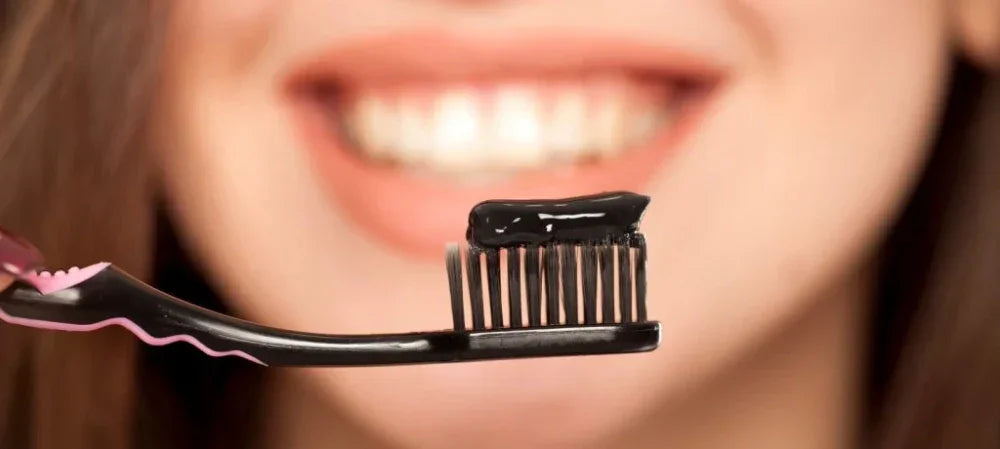Charcoal toothpaste has taken the oral care world by storm, with claims of whiter teeth, detoxification, and fresher breath. But is it truly a miracle product, or just another trend? Let’s separate fact from fiction.
How Does Charcoal Toothpaste Work?
Activated charcoal is highly porous and is believed to absorb stains, toxins, and bacteria from the teeth. This gives the impression of a brighter smile—but there’s a catch!
Myths vs. Facts
-
Myth: Charcoal toothpaste is a safe, natural alternative for whitening.
Fact: While charcoal can remove surface stains, it is abrasive and may wear down enamel over time, making teeth more sensitive and prone to damage. -
Myth: It detoxifies your mouth.
Fact: Your body, including your mouth, already has a natural detox system—your saliva! There’s no scientific proof that charcoal toothpaste “removes toxins” better than regular toothpaste. -
Myth: It’s a replacement for fluoride toothpaste.
Fact: Many charcoal toothpastes lack fluoride, which is essential for preventing cavities. Long-term use of non-fluoridated toothpaste can increase the risk of decay.
Should You Use Charcoal Toothpaste?
If you’re looking for occasional stain removal, using charcoal toothpaste once or twice a week might help. However, for daily use, a fluoride-based toothpaste with gentle whitening properties is a safer bet.
The Verdict
Charcoal toothpaste can provide a temporary brightening effect, but it’s not a long-term solution for oral health. Instead, focus on a good brushing routine, flossing, and regular dental check-ups for a truly healthy and radiant smile.

